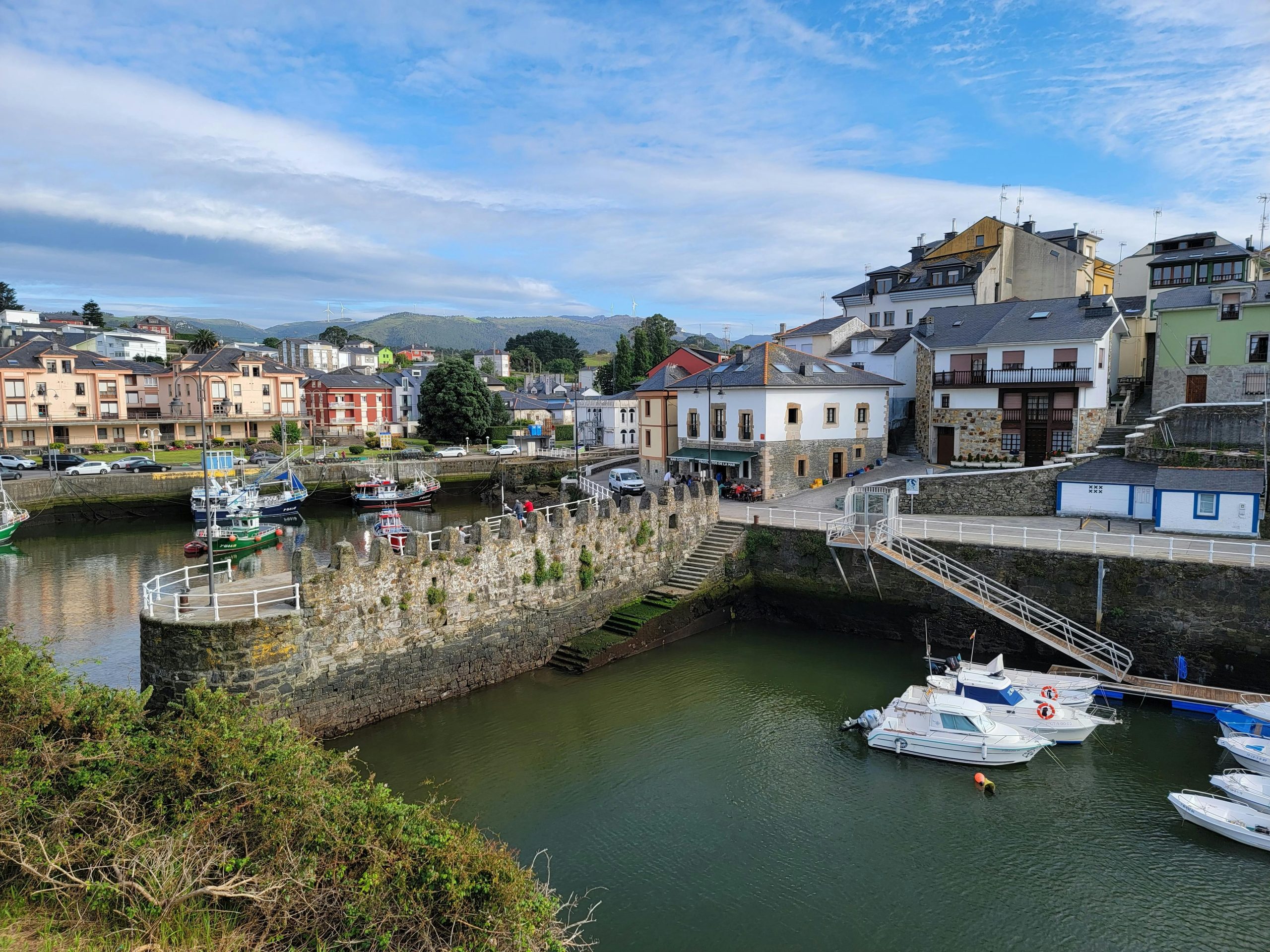Retiring to Spain offers sunshine, culture, and an attractive lifestyle, but it comes with legal, financial, and practical challenges. From visa requirements to managing taxes and healthcare, understanding these hurdles is key to a smooth relocation. Careful preparation helps retirees avoid costly mistakes and fully enjoy Spain’s benefits while adapting to regional differences and local customs.
Essential steps and challenges for retiring to Spain after Brexit
Retirement in Spain after Brexit starts with understanding the new rules for UK and non-EU retirees. The non-lucrative visa is most common, requiring no employment and proof of annual financial resources—roughly €33,000 for yourself and an extra €7,000 for each dependent. For many, the end of the Golden Visa in 2025 removes an investment route, making these standard requirements more important than ever.
In parallel : Maximizing profits: discover the benefits of investing in real estate adjacent to key uk infrastructure projects
Application costs for residency begin at £516, with processing taking one to three months. Expect additional paperwork: health insurance, a valid passport, and a medical certificate. Spain’s bureaucratic procedures can be confusing, often leading to delays if documents are incomplete or not translated. Tax residency applies after 183 days, meaning retirees face Spanish tax on global income, though UK-Spain treaties help avoid double taxation.
Watch for common pitfalls like underestimating application timelines, mismanaging tax obligations, or neglecting expert legal and financial advice critical for a smooth transition and peace of mind when planning your checklist for retiring to Spain. You can view more details on this page: https://spaineasy.com/blog/pitfalls-of-retiring-to-spain/.
Have you seen this : Unlocking Opportunities: How Savvy Investors Can Capitalize on the Surge in Co-Living Spaces within London”s Tech Hubs
Financial planning, taxes, healthcare, and cost of living
Monthly budgets, real estate, and regional cost differences
Expect monthly budgets for a comfortable retirement in Spain to range from €1,800 to €2,700. Major urban centers like Madrid see one-bedroom rentals nearing €1,400 monthly, while smaller towns offer options closer to €400. Utilities typically average €130, with grocery bills for a couple between €220 and €400. These expenses fluctuate widely by region; Andalusia and Valencia often present the best value when compared to premium areas like Costa del Sol or Barcelona. Property fees and higher summer utility bills (common hidden costs) can catch new arrivals off-guard, so careful planning is needed.
Navigating Spanish taxes, pensions, inheritance, and double-taxation
Retiring in Spain for more than 183 days means becoming a Spanish tax resident, with worldwide income, including UK or foreign pensions, falling under Spanish income tax rates of 19% to 47%. UK pensions are paid with annual increases intact, and double taxation is prevented by bilateral agreements. The Beckham Law exists for eligible expats, enabling reduced tax rates for up to six years. Inheritance tax rules from April 2027 will affect UK pensions left unspent, making comprehensive estate planning advisable.
Access to healthcare: public system vs private insurance for retirees
Retirees must prove health coverage when applying for visas, usually via private insurance if not eligible for Spain’s S1 reciprocal agreement. Premiums for those over 70 can be considerably higher, ranging from €100 to €200 per month. Once resident, registration at the local health center is necessary for access to public healthcare, while those desiring shorter specialist wait times may opt for private insurance despite the higher cost.
Lifestyle, integration, and expat experiences
Everyday life and leisure benefits in retiree hotspots
Retirement in Spain offers clear leisure benefits, particularly in coastal areas such as Andalusia, Valencia, and the Costa Blanca. These regions provide retirees with a mild Mediterranean climate, facilitating year-round outdoor activities like walking, swimming, and golf. Local festivals, traditional Spanish cuisine, and bustling fresh markets further enrich daily life. Affordable rental options exist in less touristy towns, while cosmopolitan areas such as Barcelona and Madrid deliver a vibrant cultural scene, though with higher living costs.
Overcoming language barriers and adapting to Spanish culture
A significant hurdle for newcomers is the language barrier. While English is spoken in major tourist spots, daily life often requires Spanish especially when dealing with local services and administration. Enrolling in language classes facilitates communication, integration, and fosters a stronger connection with the community. Embracing Spanish customs, such as later meal times and relaxed bureaucratic processes, helps smooth the transition.
First-hand insights: expat networks, support services, and preparing for a smooth transition
Expat communities are widespread (especially in retiree hotspots) and offer both practical guidance and social benefits. Many towns have clubs or meet-up groups that organize social events, and dedicated support services can assist with paperwork, banking, and finding accommodation. Utilizing these networks early helps reduce isolation, streamlines administrative steps, and supports a more fulfilling retirement experience in Spain.


